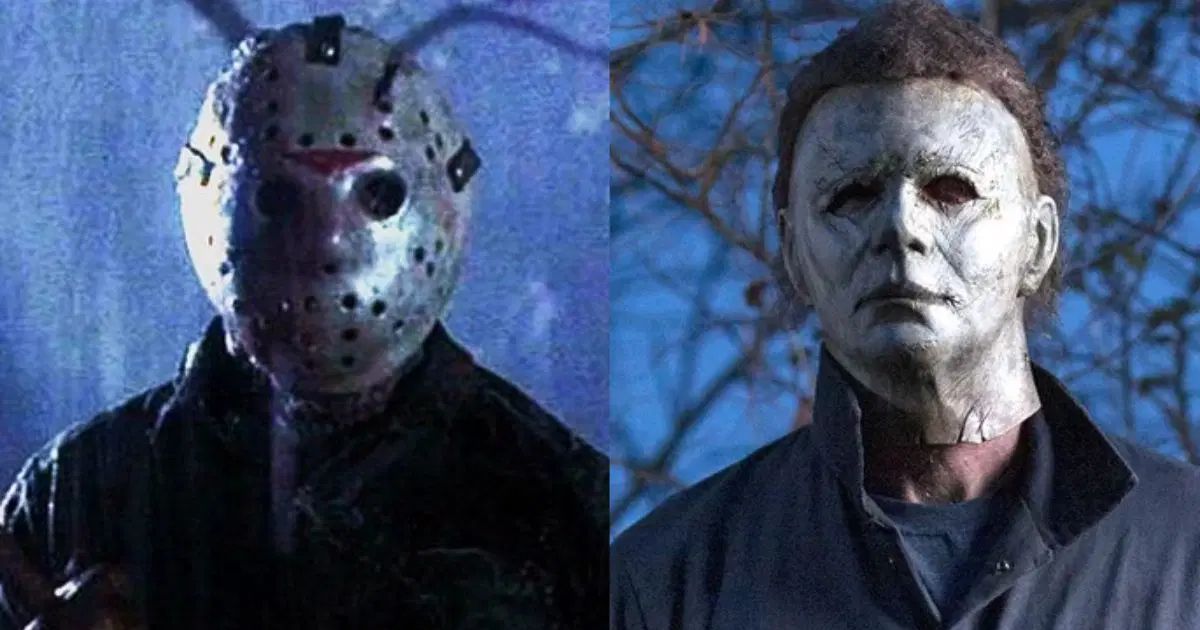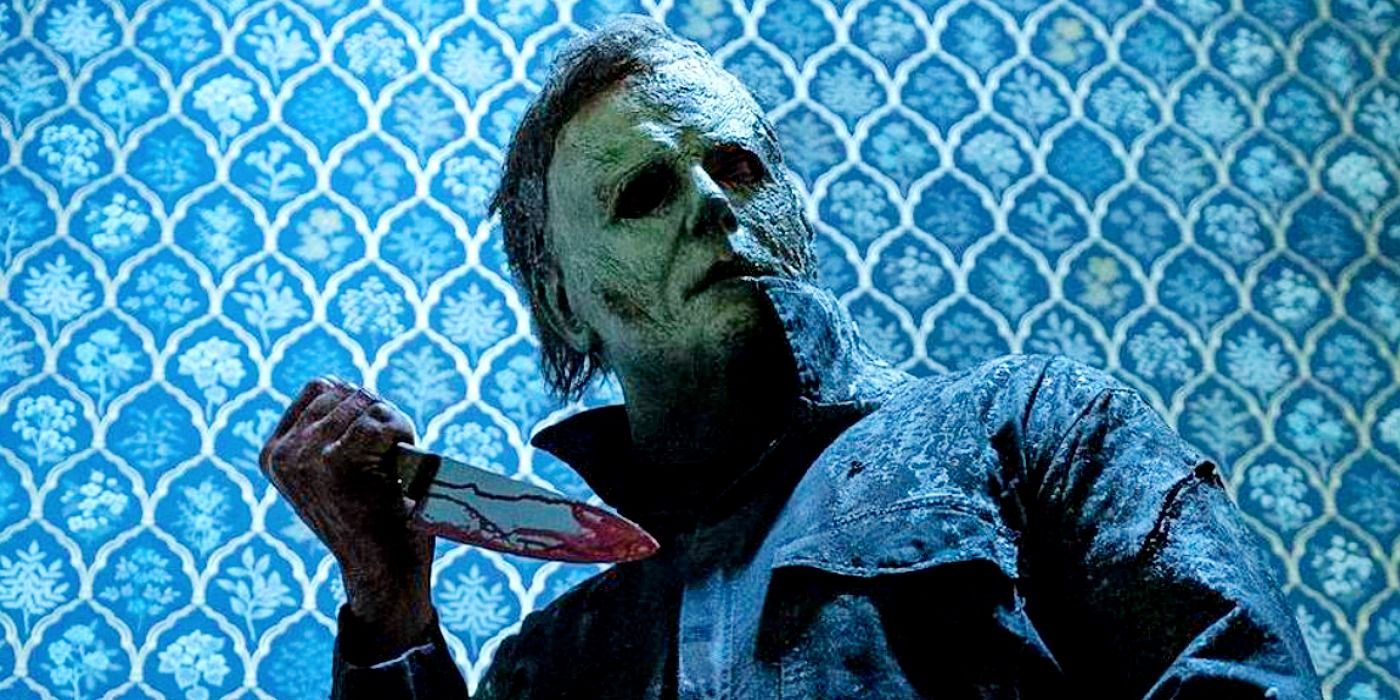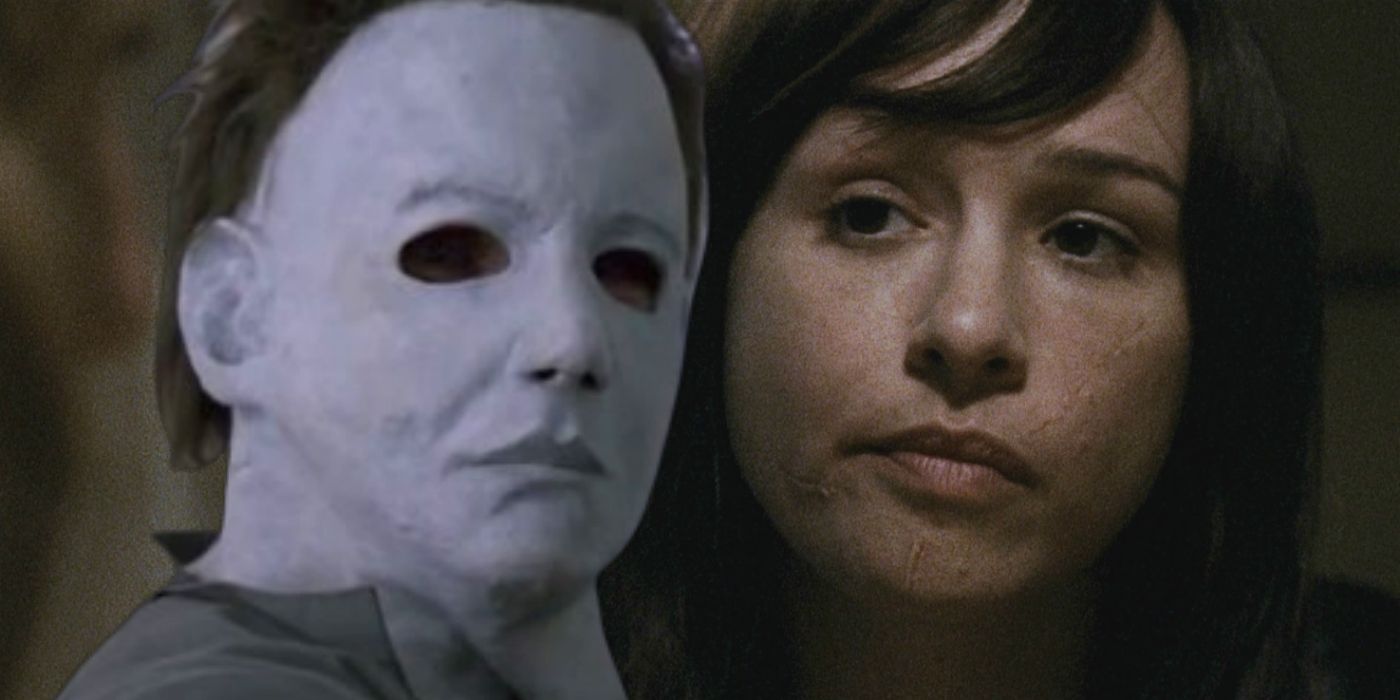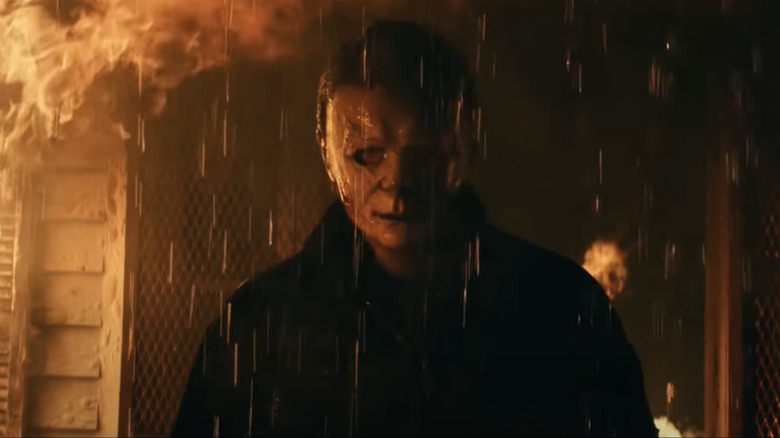Movie
Did Michael Myers Kill His Parents?
In the iconic horror franchise “Halloween,” Michael Myers is undoubtedly the main focus. As the ruthless and seemingly unstoppable serial killer, Michael’s origins and motivations have been a subject of intense fascination for fans over the years. One aspect of his backstory that has been explored in various iterations of the franchise is the fate of his parents.
The Original “Halloween” Timeline

In the original “Halloween” timeline, Michael’s parents are briefly shown in the first film, but their fate is not explicitly revealed. After Michael brutally murders his sister Judith, his parents are seen arriving home and discovering the horrific scene. They remove Michael’s mask and ask him what happened, clearly shocked and distraught by their son’s actions.
However, it wasn’t until the sequel, “Halloween II,” that more information about Michael’s parents was provided. In this film, it is revealed that during the time of Michael’s incarceration, his parents were killed in a car accident. This tragic event further solidifies the sense of abandonment and isolation that Michael experienced, potentially contributing to his continued descent into madness and violence.
The Rob Zombie “Halloween” Remake

The 2007 Rob Zombie remake of “Halloween” delved deeper into Michael’s backstory, providing a more extensive exploration of his parents and their impact on his life. In this version, Michael’s father is absent, having passed away sometime after Michael and his younger sister, Angel, were born. Michael’s mother, Deborah, is portrayed as a hardworking and loving parent, struggling to provide for her family as an exotic dancer.
Despite Deborah’s efforts to care for her children, the film reveals that she was in a relationship with an abusive boyfriend, which created a tumultuous home environment for Michael and Angel. Additionally, Deborah is shown to have been in denial about the signs of Michael’s developing psychosis, even after Dr. Loomis warned her of the dangers.
The Tragic Fate of Deborah Myers
The most significant development in the Rob Zombie “Halloween” timeline is the fate of Deborah Myers. After witnessing Michael brutally murder a nurse, Deborah is unable to reconcile the monster her son has become. In a heartbreaking scene, Deborah takes her own life, unable to bear the weight of her son’s actions.
This tragic event highlights the profound impact that Michael’s actions had on his mother, and the anguish she experienced as she grappled with the reality of her son’s violent nature. Deborah’s suicide also serves as a poignant reminder of the toll that parenting a child with severe mental and emotional disturbances can take on a family.
Michael’s Relationship with His Parents
The portrayal of Michael’s parents in the Rob Zombie “Halloween” films provides a deeper understanding of the complex and often troubled dynamics within the Myers family. While Deborah is depicted as a caring and devoted mother, her inability to recognize or address Michael’s emerging psychopathic tendencies ultimately contributed to the tragic outcome.
The absence of a strong paternal figure in Michael’s life is also noteworthy, as it deprives him of a potentially stabilizing influence and positive role model. This lack of a healthy family structure and support system may have further exacerbated Michael’s descent into darkness and violence.
The Latest “Halloween” Continuity

In the most recent “Halloween” continuity, which includes the films “Halloween” (2018), “Halloween Kills,” and “Halloween Ends,” the details of Michael’s parents’ fate have been left largely ambiguous. While the previous iterations of the franchise provided more explicit information about his parents, the latest films have chosen to focus more on the relationship between Michael and his sister, Laurie Strode.
However, the absence of Michael’s parents in the latest continuity still carries significance. Their lack of presence, or any mention of them, underscores the isolation and disconnection that Michael experiences, even as an adult. This isolation, coupled with his singular obsession with returning to his childhood home, suggests that the absence of a stable and nurturing family unit may have played a crucial role in shaping his psyche and driving his actions.

The question of whether or not Michael Myers killed his parents has been a subject of speculation and exploration within the “Halloween” franchise. While the original timeline provided limited information, the Rob Zombie remake delved deeper into Michael’s familial relationships, revealing the tragic fate of his mother and the potential impact of his father’s absence.
Regardless of the specific details, the overall narrative of the “Halloween” franchise consistently emphasizes the importance of family and the profound consequences that can arise when those familial bonds are fractured or absent. Michael’s unrelenting quest for violence and his apparent disconnection from any meaningful relationships outside of his obsession with his childhood home suggest that the absence or failure of his parents may have been a significant factor in his transformation into the iconic slasher villain we know today.
